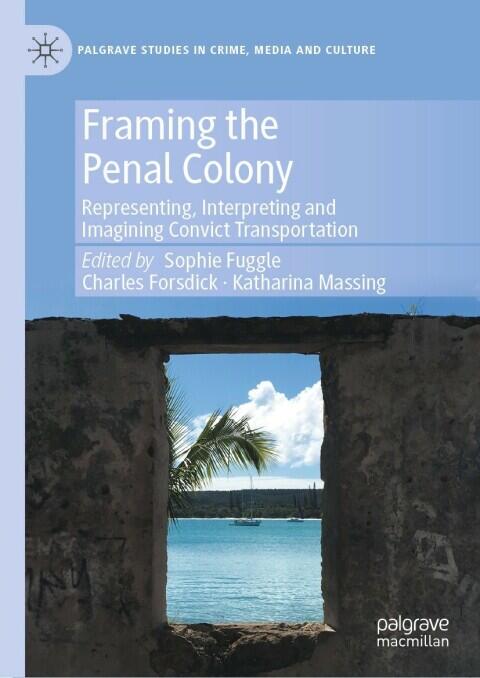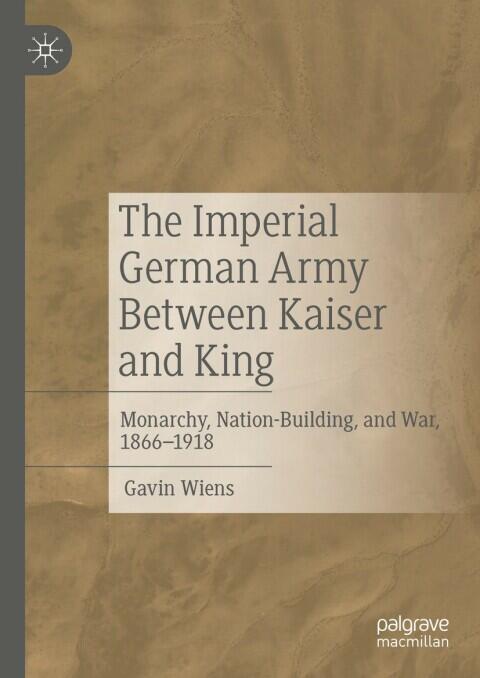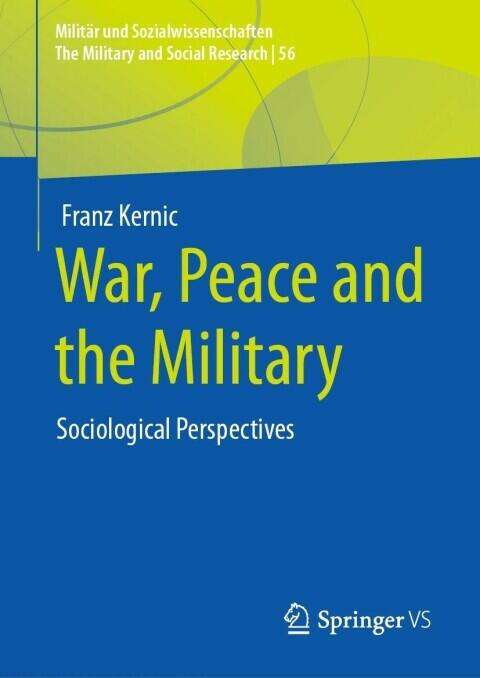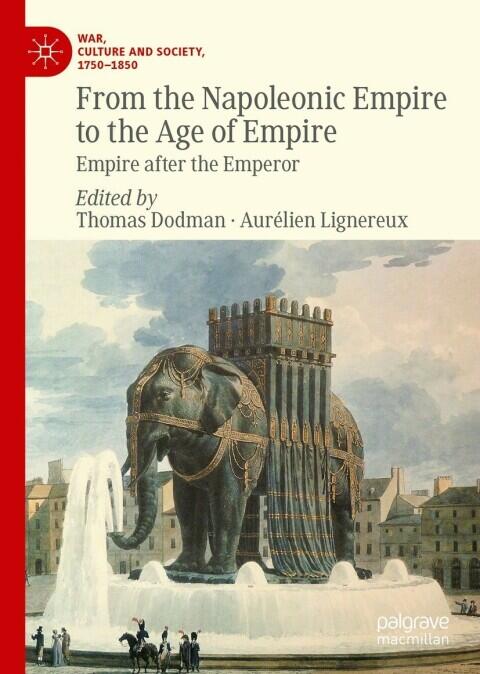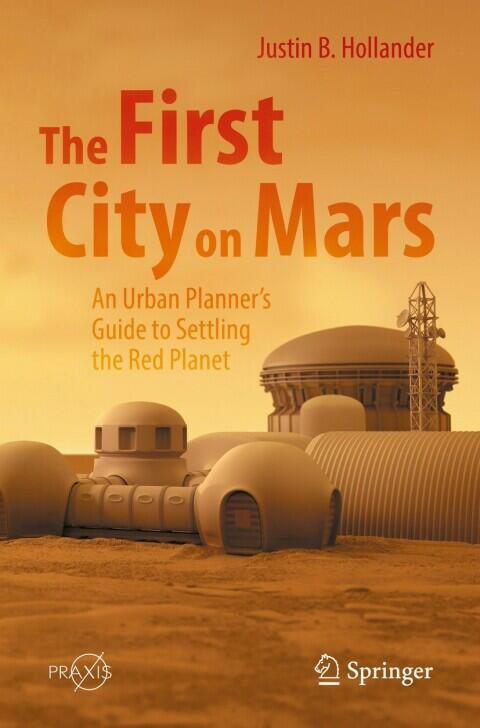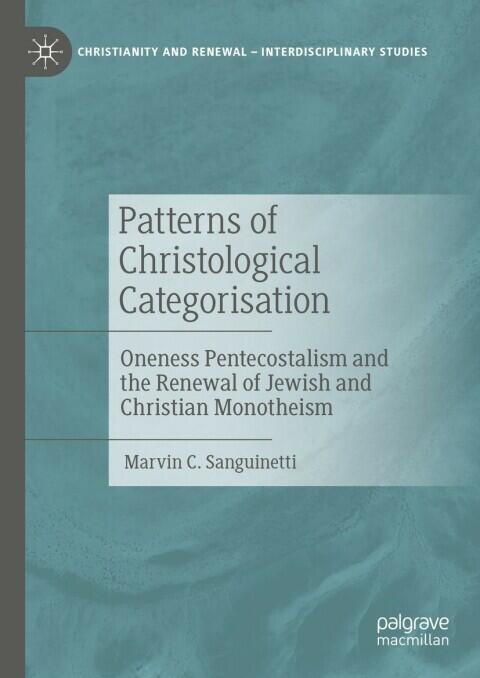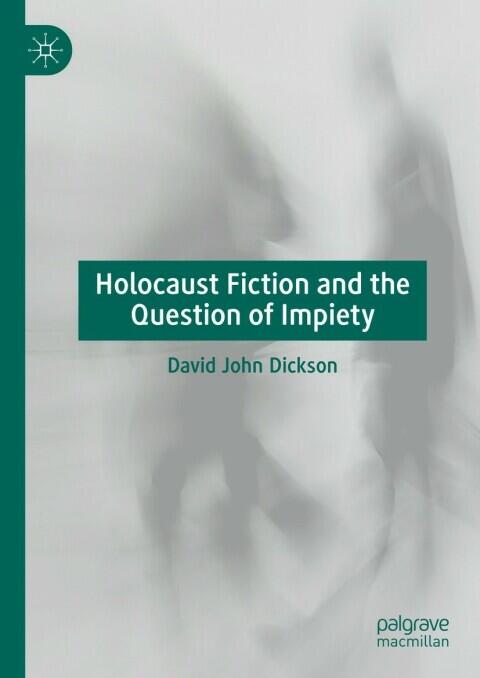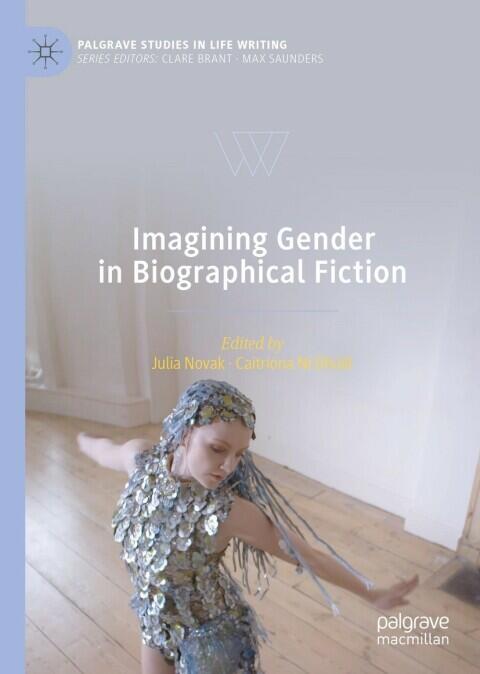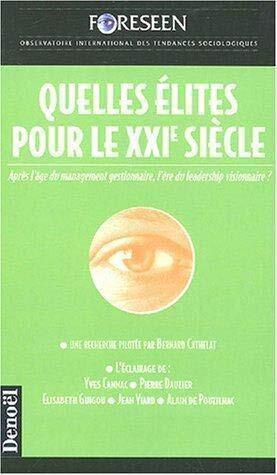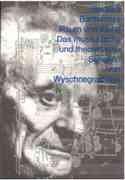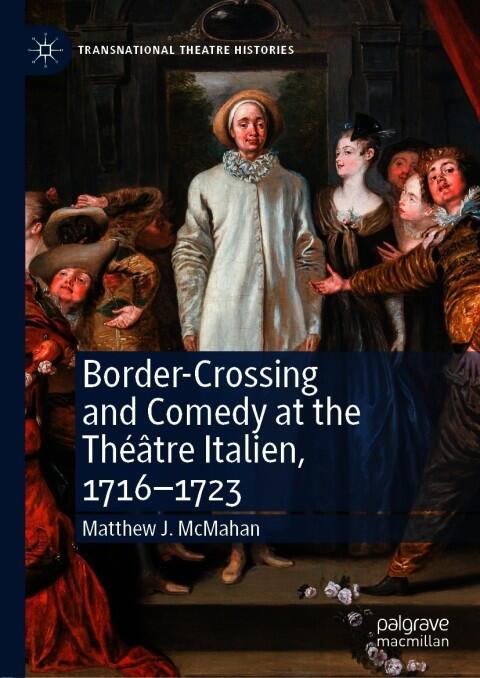
Border-Crossing and Comedy at the Théâtre Italien, 1716–1723
작성자
Matthew J. McMahan
아직 평점이 없습니다
History
Humor
형식
킨들
페이지
334
언어
독일어
출판됨
Jan 1, 2021
출판사
Palgrave Macmillan
판
1st ed. 2021
ISBN-10
3030700712
ISBN-13
9783030700713
설명
Matthew J. McMahan explores the intricate relationship between national identity and comedic performance in the vibrant cultural landscape of the Théâtre Italien during the early 18th century. The book delves into how migrant comedians used humor to navigate the complexities of national stereotypes and cultural crossing.
Through a detailed examination of performances and audience reactions, McMahan reveals the ways in which these comedic artists challenged dominant narratives while also conforming to them. He highlights the struggles and successes that these performers experienced, providing a nuanced understanding of their role in shaping cultural perceptions.
The text not only contextualizes the comedic form within the socio-political framework of the time but also engages with broader themes of migration and identity. It presents a rich tapestry of humor as a vehicle for both resistance and assimilation, making it a significant contribution to the study of transnational theater history.
By examining the theatrical traditions that flourished amidst shifting borders, McMahan offers insights into how laughter can transcend barriers, ultimately enriching the dialogue surrounding migration and multiculturalism in performance arts.
Through a detailed examination of performances and audience reactions, McMahan reveals the ways in which these comedic artists challenged dominant narratives while also conforming to them. He highlights the struggles and successes that these performers experienced, providing a nuanced understanding of their role in shaping cultural perceptions.
The text not only contextualizes the comedic form within the socio-political framework of the time but also engages with broader themes of migration and identity. It presents a rich tapestry of humor as a vehicle for both resistance and assimilation, making it a significant contribution to the study of transnational theater history.
By examining the theatrical traditions that flourished amidst shifting borders, McMahan offers insights into how laughter can transcend barriers, ultimately enriching the dialogue surrounding migration and multiculturalism in performance arts.
